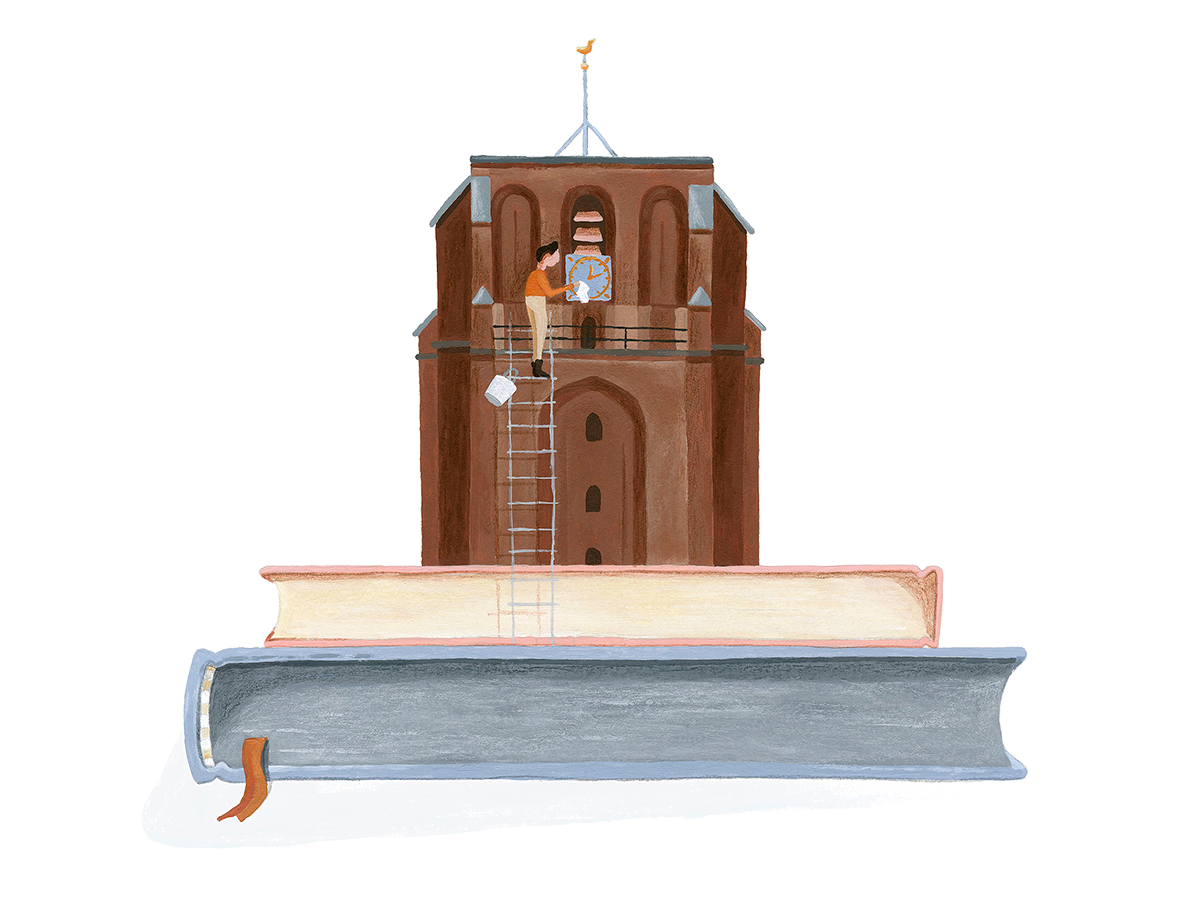2022-2025: Lit-Up (Creative Europe)
The aim of Lit-Up is to come up with new strategies to improve the visibility of literature in minority/minoritized and small languages in Europe on the national and international market. The other partners in the project come from Catalonia, the Basque Country, Serbia, Italy and Slovenia.
The project focuses on publishers, writers and book promotion organizations and stimulates cooperation, knowledge exchange and professionalization between the participating regions and the various professional groups.
Workshops and training courses are organized by the various partners, for example on book promotion, foreign rights and building a network. In addition, literary events are organized to bring all parties into contact with each other and to show what literature in minor languages has to offer.
More info: litup-project.eu
2022-2024: Ownership and Leadership (OWL+)
Pathways for (Endangered) Languages’ Use in School (Erasmus+)
The objective of OWL+ is to innovate in curriculum building for and about endangered languages by contextualising them within the big picture of language diversity in Europe and by providing stakeholders with practical tools to help them foster the transmission of the language. The project will develop tools and resources to innovate school curricula and offer materials that enable teachers and educators to accommodate endangered languages in their classrooms and other learning settings. Teachers and educators will also be equipped with skills to take ownership of their cultural heritage. As endangered languages are viewed as a vital social factor for their communities, the project targets next to school staff also community leaders, which are an integral part of endangered languages’ support structure.
The Afûk is an associate partner in this project. More information.
2022-2024: WikiWomen (Erasmus+)
The project will bring together schools, Wikipedia foundations and language organisations in minority language regions of Europe to use Wikipedia as a tool to teach digital literacy, social engagement and language skills. There are too few Wikipedia articles on women, and too few in minority languages. Pupils will be guided through the process of researching women who are not yet featured on Wikipedia and writing articles on them in their national and minority languages to redress this balance. In the process they’ll gain vital digital and research skills plus added confidence in using their minority language, as well as contributing to the online presence of their language. WikiWomen therefore addresses some truly European and global challenges for the coming years: the need for digital skills and literacy, the position of Europe’s smaller and minority languages, the need for multilingualism to be mainstreamed across school curricula, and the importance of gender equality, not only in society but also in the information we access. These are pressing topics in all three of our partner regions (Friesland, the Basque Country and Ireland) and far beyond. More information.
Partners: Learning Hub Friesland, Mercator-Fryske Akademy, Euskal Wikilarien Kultura Elkartea, Antigua-Luberri BHI, Coláiste Oiriall, Wikimedia Ireland.
2019-2021: LISTEN (Erasmus+)
Maintaining a language depends crucially on the speakers using it, as freely and frequently as possible. In many situations it happens that speakers adopt self-censoring attitudes and avoid using their languages and switch to the majority language even if their counterpart is perfectly able to understand the minority one for instance when the minority language is officially recognized as well, or when the language is nevertheless understood in the surrounding context.
Assertiveness is the quality of being self-assured and confident without being aggressive. It is a learnable skill and mode of communication. When applied to languages, it implies training people to express themselves in their own language whilst feeling calm and self-assured, also when they don’t know for sure if their counterparts are speakers of the same language.
The purpose of the LISTEN project is to train speakers of a minority language (be it historically rooted in a territory, or brought recently by effect of migration) to act on their behavior and modify it by adopting strategies of linguistic assertiveness.
Partners: Universitat de Valencia, ELEN, Conradh na Gaeilge, Consiglio Nazionale Delle Ricerche, IAITH: Welsh centre for language planning, Universitatae Sapientia Din Municipiul Clujnapoca.
2019-2020: Óró, Galway2020
Óró… presents a unique opportunity to bring together artists from various different European minority language backgrounds, to inspire, collaborate and create work that would not be otherwise possible.
Within Óró a narrative based work with a live new score will be produced that has the themes of Landscape, Language and Migration at its core. This will not be theatre as we know it – more of a contemporary cultural opera that will fuse the work of Irish writers, choreographers, musicians, actors, visual artists, dancers and singers with their European counterparts to create a production that reflects and interrogates the conflict and politics of language in a European context.
More info at the Galway2020 website
Interview Frisian artist Anne Feddema
2019-now: European Charter Classroom Activities (NPLD)
This is a pilot project aiming at using and implementing the Classroom activities on the European Charter for Regional or Minority Languages published by the Council of Europe in February 2019. This tool is considered to be fundamental in order to present and spread the contents of the ECRML at a popular level, among common people and in schools, intending to make all minority communities aware of their rights, the status of their language and the possibilities offered by the Charter itself. Participants: Provinsje Fryslân, ARLeF, University of Udine-CIRF, Xarxa Vives d’Universitats, Partium Christian University, Afûk. The project is led by Comun general de Fascia.
More info: https://thisismylanguage.eu/

